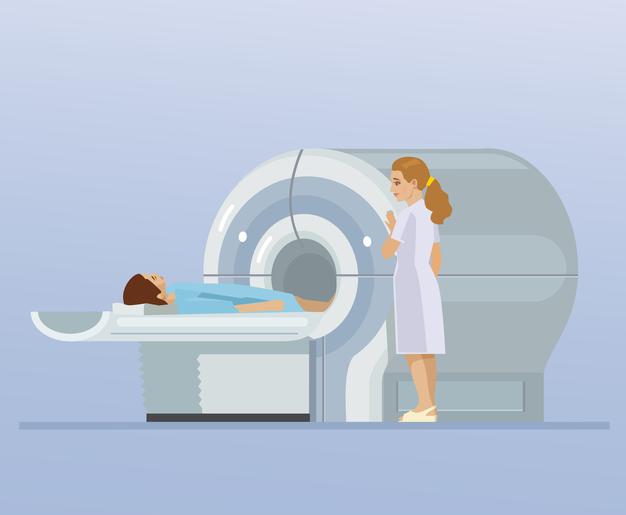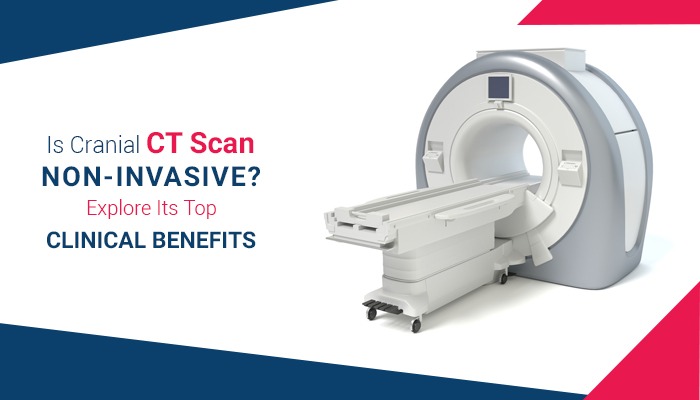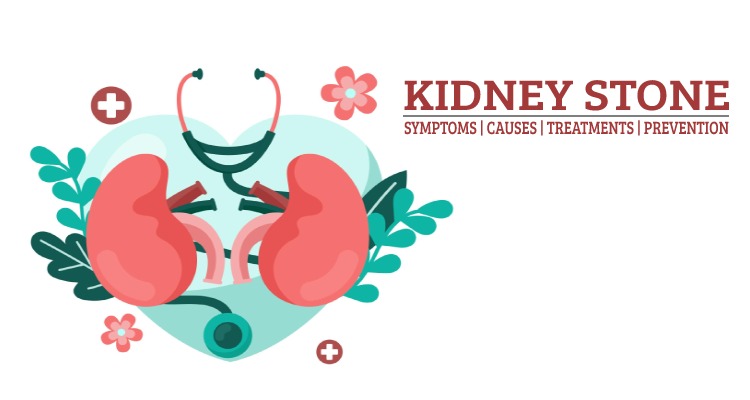Full Body CT Scans - What Can A Body Scan Detect? - Preparation, Type, Prevention

A Complete Body CT Scan uses computer tomography as a diagnostic technique to “look inside” a person in an attempt to identify any potential problems before symptoms of the diseases even appear.
What Can A Full Body Scan Detect?
A full-body scan produces images of a person’s anatomy with detail and clarity for the physician to examine. This technology commonly referred to as X-ray computer tomography (CT) investigates the heart, the lungs, and the abdomen/pelvic region of a person. This technology is also known as computerized axial tomography (CAT). Simply put, a total body CT scan examines a person from his/her chin down to below their hips with cross-sectional X-ray images.
The Types of CT Systems Available At Your Healthcare Provider
The two other types of CT systems that can be recommended for screening are EBCT – Electron Beam Computerized Tomography and MSCT – Multislice Computerized Tomography. All of the three – CAT, EBCT and MSCT use X-rays to produce images of wafer-thin slices of body structures in great detail. The EBCT is used to measure the calcium deposits that have accumulated in the coronary arteries, whereas the MSCT is used to detect CAD (Coronary Artery Disease) with great accuracy.
A Full Body Scan Can Look Inside Your Body
A lung CT scan is capable of detecting early probable malignant nodules. A heart CT scan can detect calcium deposits in coronary arteries and aortic aneurysms. A CT scan of the abdomen and pelvic area can detect cysts and kidney stones, enlarged spleen and lymph nodes, fatty liver, abdominal aneurysms, and large pelvic and abdominal masses. By using X-ray images, a CT Scan produces thin 3D sliced images of the body similar to sliced pieces of bread and provides physicians with a detailed view.
A Full Body Scan Allows Detection of Diseases Before They Appear
A complete CT scan is considered invaluable as a medical tool that allows detection of disease, abnormality in patients with symptoms or signs of disease by creating a transparent view of the individual’s body. It also allows physicians to plan, guide, and monitor therapy. It is a preventative health care tool for healthy and health-conscious individuals that provide early warnings of diseases like cancer, cardiac diseases and other abnormalities.
It Is A Useful Medical Tool in Treating Trauma Patients
The use of a total body scan is increasing worldwide in the case of multi-trauma or polytrauma patients. The full-body CT scan is useful in those patients to diagnose injuries early and improve the patients’ survival rates. The early diagnosis can also lead to the success of the curative efforts recommended to the patient. It is however advised that the scan shouldn’t be used for a single system or minor trauma and be avoided in those circumstances.
There Are Many Benefits of Getting A Total Body CT Scan Done
The potential benefit of a complete/total body scan for a high-risk individual or individuals with a family history or risk factors is early detection and subsequent treatment. However, every individual should weigh the potential benefits against any risks before deciding on the procedure. Unlike a colonoscopy or mammogram or other screening tests, a full-body CT scan are not recommended by physicians. It is the consumers who ask their doctors to get a CT scan done on them.
High-risk Factors That Should Be Considered Before Deciding on A Full-body CT Scan Include:
- Individuals who are 45 years or older
- Individuals who have a history of abdominal aneurysms in their families.
- Individuals who have a history of coronary artery diseases in their families.
- Individuals who smoke or smoked formerly, a minimum of a cigarette pack for ten years at least.
- Individuals who are overweight or with an inactive lifestyle
- Individuals who have a history of high blood pressure, diabetes or cholesterol.
- Individuals with any concerns about any potential abdominal, pelvic diseases.
What Can A Full Body Scan Detect – The Incidentalomas
Individuals are always advised to make informed decisions because a total body scan may not be for everyone. Preventative action or detection of problems at an early stage of treatment, or uncovering suspected diseases at an asymptomatic stage does sound great. However, when the body is being scanned for no clear purpose, minor abnormalities could be found that may or may not be indicative of a serious condition. Doctors use the term ‘incidentalomas’ for benign masses that are often found incidentally during a full-body scan.
What Can A Full Body Scan Detect – The False Negatives and The False Positives
A discovery of any number of incidentalomas in the CT body images could be in several part/organs of the body including the brain, kidneys, thyroid, parathyroid, adrenal glands or even the liver. This would then lead to further testing and exploration or maybe surgery. Doctors worry about these false positives that are likely to be found when total body scans are done on normal healthy people. In such cases, it is more likely to cause anxiety and expenses than to save someone’s life or improving their health outcomes. An individual could also be falsely assured of being ‘healthy’ when the scan fails to detect something that could manifest diseases in the future.
Before asking, what can a full body scan detect, an informed decision based on the benefits, limitations and explanation of the procedure of the Total Body CT Scan should be taken. A complete risk assessment in consultation with the physicians is essential before booking for the scan.
Disclaimer: The information on this website should not be used as a substitute for professional medical care or advice. Contact a health expert if you have questions about your health.





1.jpg)
.jpg)
.png)

.jpg)


.jpg)

Comments List